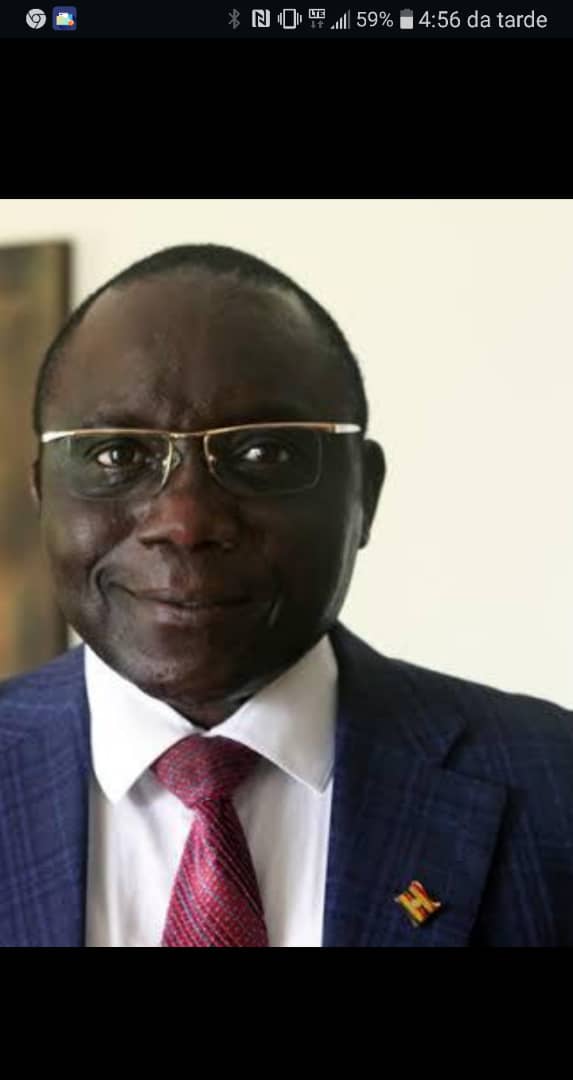
By Martin A. Drito
The national conversation on the downsizing of our Parliament has recently taken centre stage in discussions. On the receiving end is the enormous size of our Parliament. The wanainchi are heavily drawn into this without asking why and how we ended with such a ballooned August House. No one has logically reasoned that constituencies do not self-create but are created by acts of parliament as demanded by the same wanainchi. Here I stand guilty as charged.
The assumption being floated is that a smaller parliament will be a magic bullet to our economic woes and other ills that have befallen us. How myopic!
Globally there are 46,552 MPs of which 8716 or 19.25% only are women. The world average global inhabitant per Member of Parliament is 146000 as per the UNDP. Uganda’s figure stands at 80789 while for Kenya 157881 and Tanzania,, it is 171598. These figures clearly indicate there is a higher saturation of MPs per inhabitant in Uganda than the world average. This signals a red flag. On the economic front,, our GDP stands at US$47.4 bn(BOU) while for Kenya and Tanzania, they are US$119.66bn and US$79.65bn respectively. These figures show that we spend relatively a higher percentage of our earnings than our nearest competitors in the region in running our parliament hence significantly increasing our recurrent expenditure on administration. This comes at an opportunity cost to the provision of other services. This constraint consequently affects our economy as scarce resources have to be allocated optimally.
Said and done, this argument is subjective in that it ignores the wider variables needed by our Ugandan society in nation-building and development. For instance,, if we reduced the number of MPs to our post-colonial parliament of 1962(92) or the one currently being suggested(229) or even lower would this be a solution? Doubtful. Why? Because we have also to consider today’s societal dynamics. Most arguments seem focussed on savings a leaner parliament will give as though it is only MPs salaries and emoluments straining our Treasury. To be impactful we should address this with a wider perspective. The net must be cast wider. For instance, we don’t need all these Deputy Prime Ministers, Ministers, State Ministers, RDCs, Presidential Advisors, Special Advisors, Presidential Initiatives, etc whose roles can be brought back into the relevant line Ministries. The savings here would make the wage bill of MPs look like peanuts.
Similarly away from the economic focus, we should look at our national values lest we become restrictive in our diagnosis. An inclusive prescription should amalgamate such variables like compassion, environmental concerns, fairness in dealing with each other, honesty, integrity, loyalty, good leadership, being law-abiding citizens, having respect for self, your neighbor, and property, responsibility in handling issues, and transparency in governance. Essentially our moral code. To spur the country and the economy forward we must have these values encrypted in our DNA as a nation. Looking at the above values am not sure we can honestly answer in the affirmative that we have them. Uganda must go back to the drawing board and re-orient itself. There is no single value that we ascribe to and practice without mere lip service. A country should not wholesomely abuse moral values as is the common practice today. Nowadays corruption is practiced with pomp, our environment is abused at will by the citizenry, fairness has been overtaken by favouritism, honesty is shunned upon as foolishness and often reprimanded, leadership is used to acquire wanton wealth for self and cronies, loyalty is restricted to individuals, not the country, national compassion no longer exists, institutions have become personalized and toothless, nobody takes responsibility for what has gone wrong and instead of transparency in the way the affairs of state are run, there is opaqueness. This is the stark reality we must awaken to.
We need a holistic approach that requires both a vertical and horizontal multipolar approach. Reducing the number of MPs alone will be populist and most likely fail without our regard for these values which should be inculcated in society from a young age at home and in schools and churches and this we must do by example. Nobody in that August House will vote him/herself out of a job. The only remedy can be a referendum.
The writer is (Fmr. MP Madi-Okollo)




